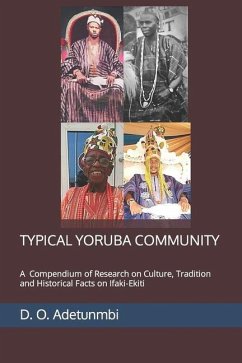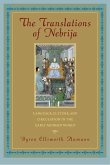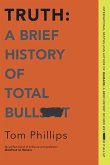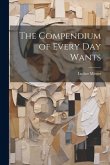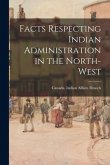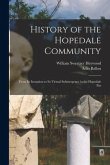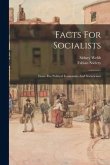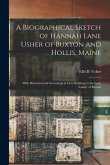The book is a compendium of research on culture, tradition and historical facts on Ifaki-Ekiti, a typical Yoruba community in Nigeria, written by D. O. Adetunmbi (1919-1990). The manuscript was edited, updated, structured into 9 chapters and published posthumously in 2018 by Seye Adetunmbi, the son of the author.It is a classic collection of very useful and interesting materials for future researchers on the history, government and social organisation of Ifaki-Ekiti. In some respects it represents an expression of the nationalism of a typical Yoruba town. The author recorded some of the incidents he loved to watch without knowing that the more dynamic influence of European civilization and the invasion of Christianity and Islam would have a crashing effect on the culture he so much loved. Perhaps he suspected the movement which explains why he spent so much time recording them carefully in order to save many aspects of the culture from possible annihilation. It is a unique book that seeks to bring out clearly, as the author watched some of the most beautiful scenes in Yoruba tradition.It was at one of the memorable moments Seye Adetunmbi shared his beloved father during the 1989 Christmas vacation that he asked him how far he had gone with the historical book he was writing on Ifaki-Ekiti, the title he would like to give the book and the need to promptly finalize the manuscript for publication. In his usual sincere character, the author said: "After all if I could not finish it, you (Seye) will conclude it for me." His father passed-on to the world beyond three months after on the 21st of March 1990. After going through his manuscript shortly after his transition, he had actually gotten all the necessary facts and information ready, all his son the editor needed to do was to collate them, edit, review and structure the contents appropriately for publication. By June 1990, the editor has finished repackaging the manuscript for the book; subject to periodic review before its publication. 28 years after the transition of the author, the book published and presented to the public in 2018.Recognising the enormity of details and depth of the research work on the historical pictorial book, coupled with the repository of documents on the origin, background, culture and traditions on Ifaki-Ekiti, his son considered it complementary to do a separate exposition on the biography of the author for posterity. Interestingly, most of his activities in Ifaki between 1957 and 1990 in particular, constituted a historical eon, which bear relevance to the quintessence of this book. In essence, whoever enjoys reading this book may need to get a copy of his published biography, "The Apostle of Harmony" it complements this historical publication. This book covers various subjects and historical facts, which makes it to be an uncommon publication and first of its kind in the contemporary world. The book is fundamentally a compendium of historical repository on Ifaki Community; a complete research work of Chief D. O. Adetunmbi on Ifaki-Ekiti, which he started in 1961 when he first wrote the Geography of Ifaki. Without losing the content and context of his laudable research, his son sourced various complementary pictures to further buttress and add visuals to his historical writings. Also a lot of things have happened in Ifaki community since 1990 which made it necessary to bring up to date the notable events the author was recording with dates in the Chapter Nine of this book.The significance of this timeless historical book is that it provides an excellent food for interested students and historians. This is more so now that Yoruba culture is fast giving way to the more dynamic European influences. Those interested in knowing more about Yoruba culture, heritage and tradition would find the book useful. It will enable readers have access to a scholarly research work for the study or reference of everybody and the generations yet to come.
Hinweis: Dieser Artikel kann nur an eine deutsche Lieferadresse ausgeliefert werden.
Hinweis: Dieser Artikel kann nur an eine deutsche Lieferadresse ausgeliefert werden.

